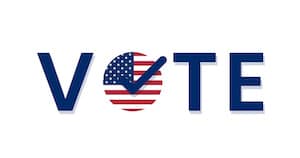

Georgia’s voter new suppression laws are being challenged by the Georgia ACLU, its Executive Director Andrea Young tells Jonathan Capehart. Young also slams Gov. Kemp following his signing Georgia’s voter suppression legislation into law, thus rendering means he has used to vote illegal.
Ana Maria Rosato secured interviews for Andrea Young, ACLU of Georgia’s Executive Director with two MSNBC shows. The Rachel Maddow Show (above) on March 5, 2021, and The Sunday Show With Jonathan Capehart (below) on April 4, 2021, regarding Georgia’s anti-voter law.
Press Releases
Georgia-based Disability Rights Groups Join Fight Against Georgia’s Anti-Voter Law S.B. 202
Civil Rights Groups Sue Georgia Over New Sweeping Voter Suppression Law
News Articles
Georgia voting restrictions challenged again in third federal lawsuit
Georgia’s new election legislation highlights stark divide on voting access
ACLU of Georgia Pleased with U.S. DOJ Lawsuit Against Georgia’s Anti-Voter Rights Law
The Local Take Talks Georgia Voter Suppression With Georgia ACLU Director Andrea Young
Federal lawsuits challenging Georgia’s new voting law now face long odds
Georgia-based Disability Rights Groups Join Fight Against Georgia’s Anti-Voter Law S.B. 202
“U.S. VS. GEORGIA:” Department of Justice to file lawsuit against Georgia over voting law
U.S. Justice Dept. suit says new Georgia voting law rules violate rights
Three Federal Lawsuits Seek to Block New Georgia Voting Rules

Photo by Ana Maria Rosato, communications director, ACLU of Georgia
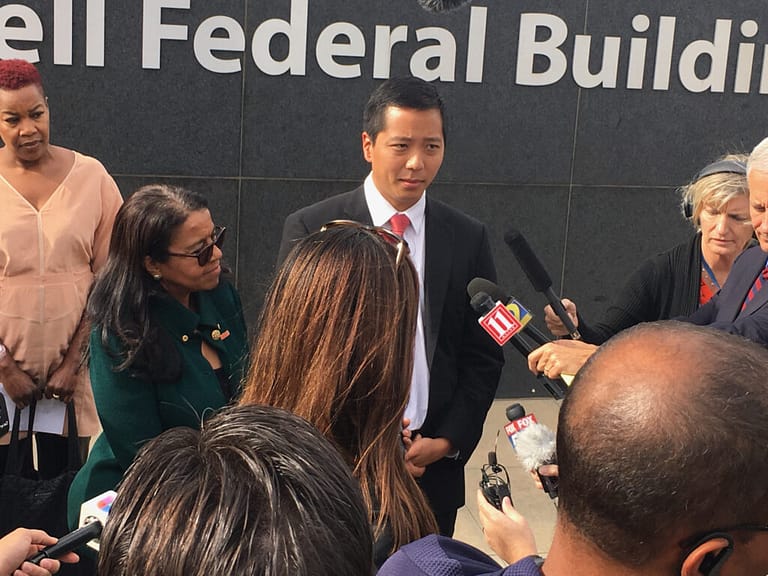
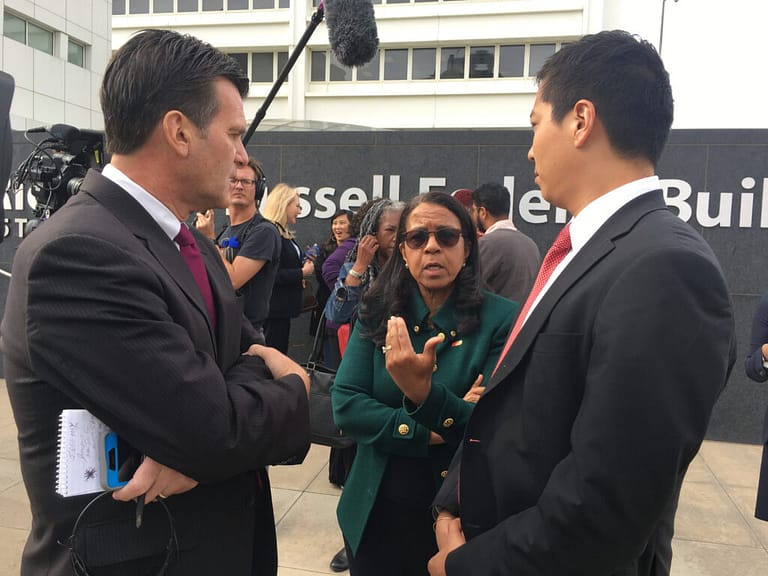
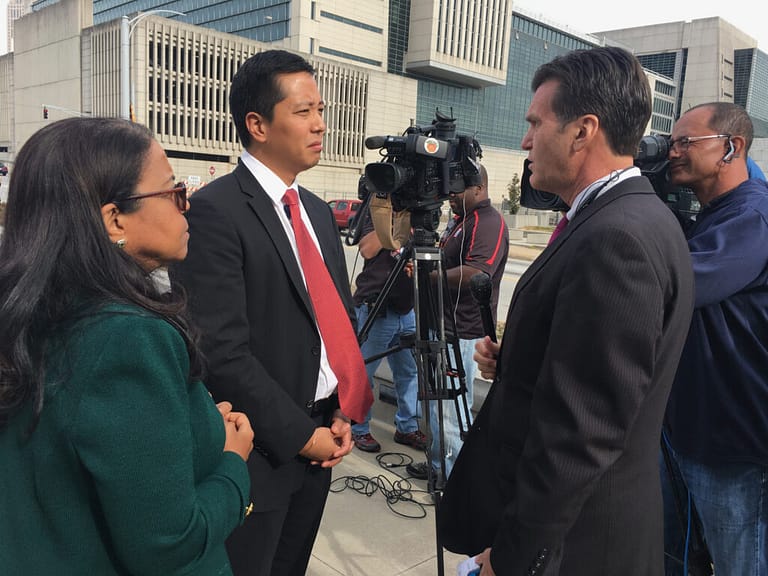
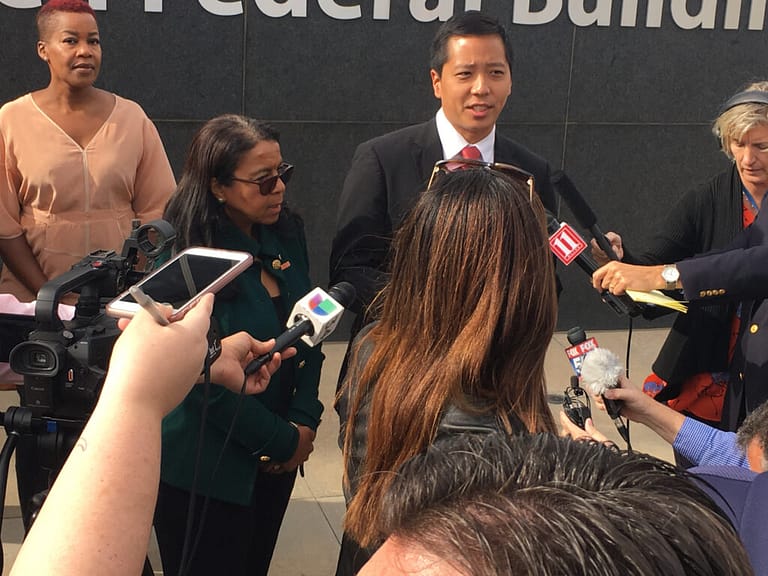
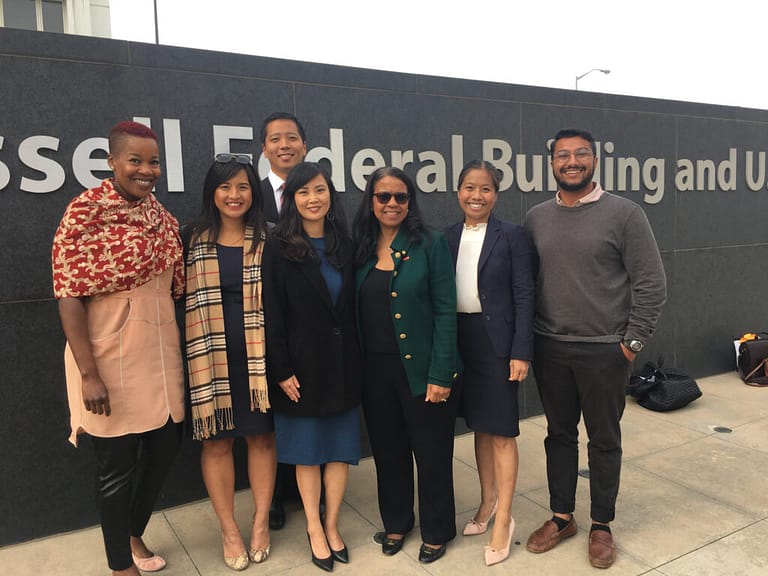
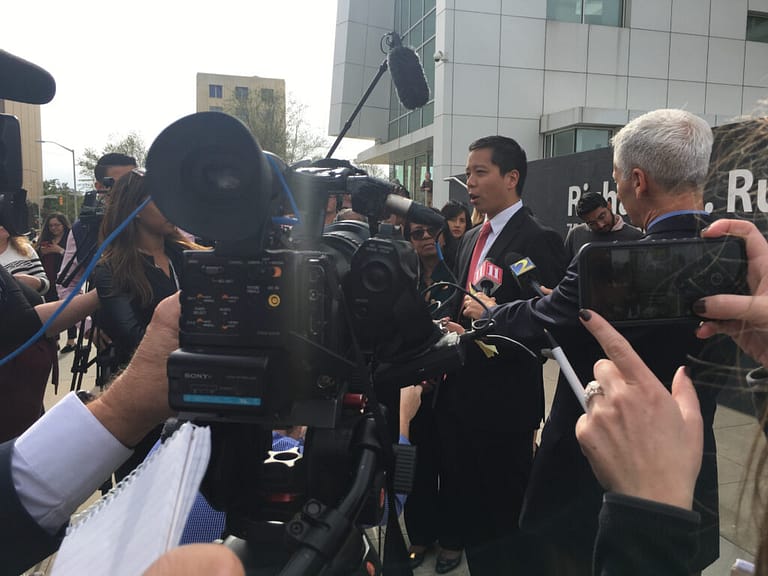
ACLU of Georgia press conference following federal court appearance in its lawsuit that successfully challenged the signature match practice. Photos by Ana Maria Rosato communications director, ACLU of Georgia.
Copyright © 2022 – 2023 By Ana Maria Rosato All rights reserved.